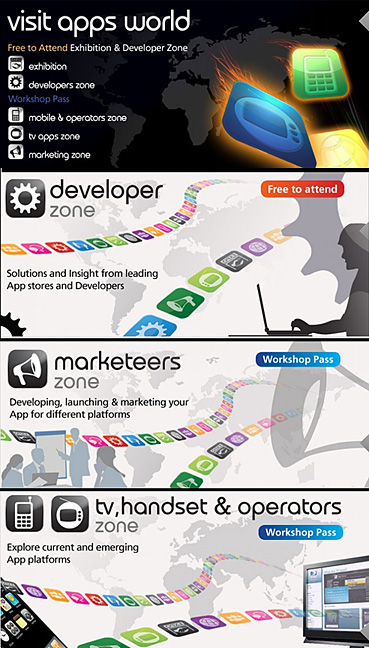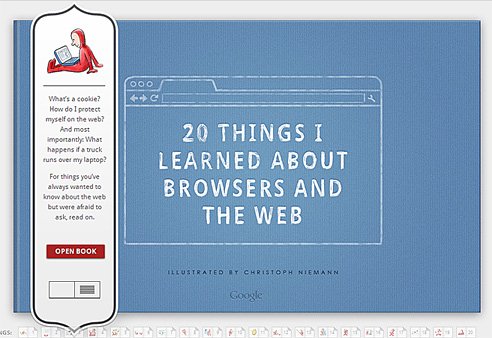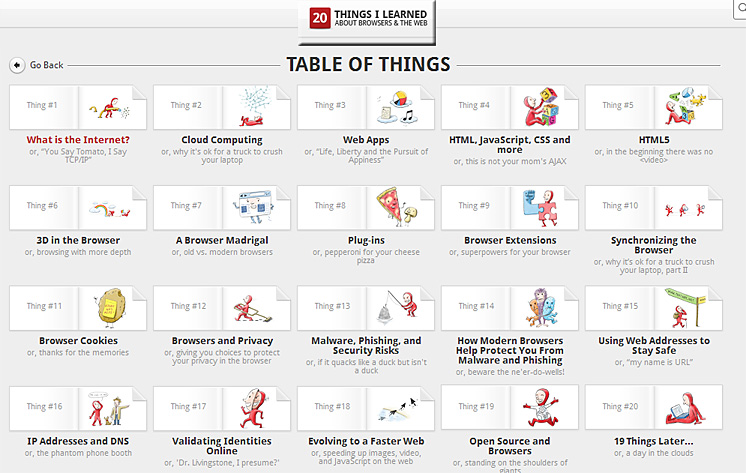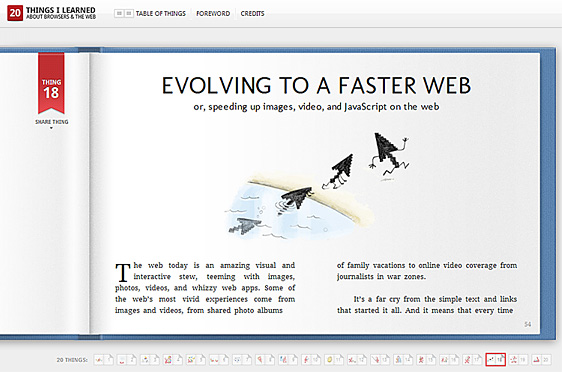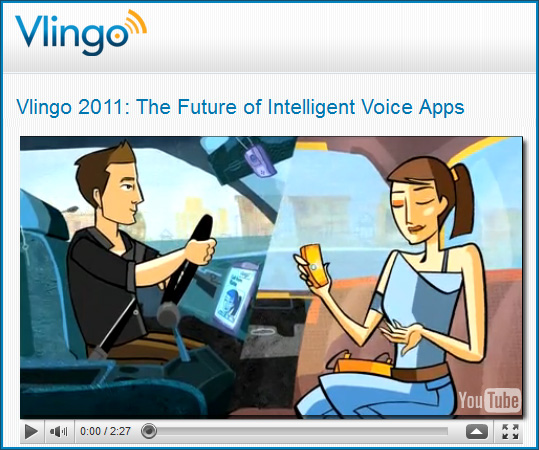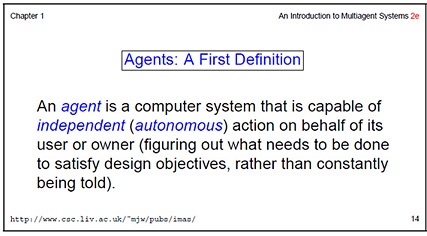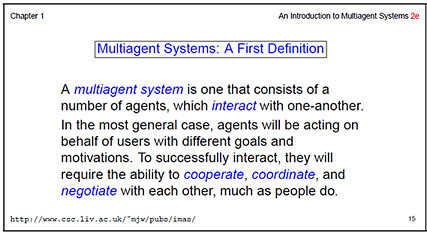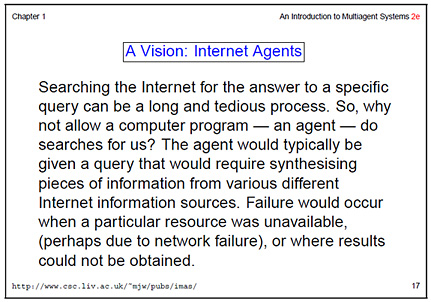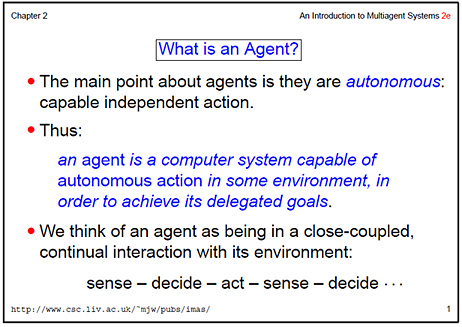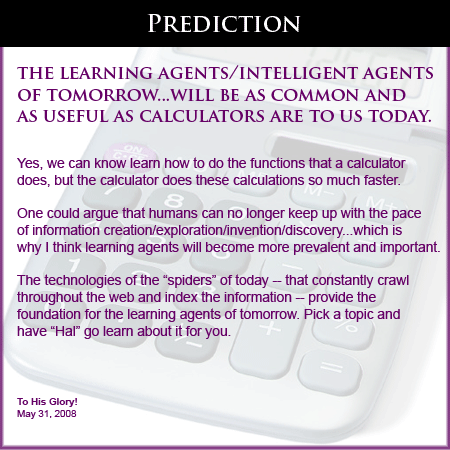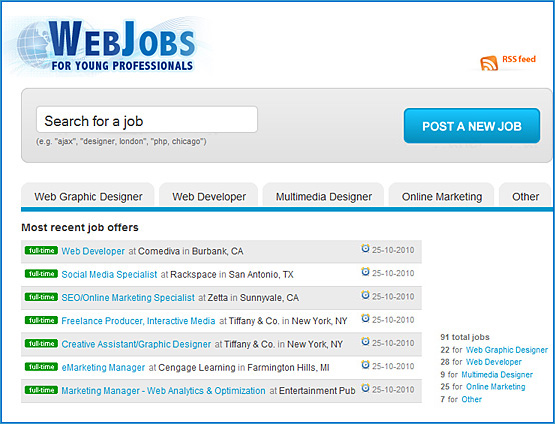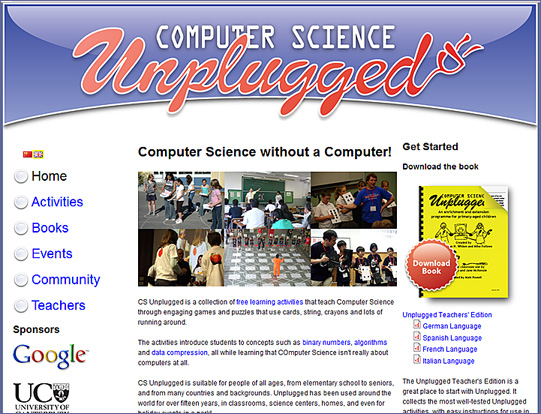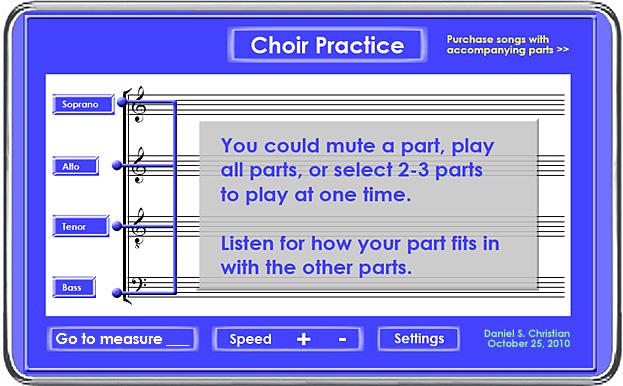Michigan Universities Pool Funds To Buy More Cores — from CampusTechnology.com by Dian Schaffhauser
UMC packs 3-D visuals into cutting-edge research lab — from grandforksherald.com by Ryan Johnson
$145,000 virtual immersion lab creates realistic 3-D simulations
Think virtual reality, only more realistic. Add to that cutting edge-technology and the ability to interact with and walk around 3-D holograms and you get the newest addition to the University of Minnesota-Crookston, complete with special effects impressive enough to put the 2009 blockbuster film “Avatar” to shame
— Dr. Adel Ali from grandforksherald.com
The incredible growth of supercomputing performance, 1995 – 2010 — from Royal Pingdom
Computer hardware has become infinitely more powerful through the years, a trend that has allowed computer makers to push the performance to levels we almost thought were impossible just a decade earlier. The exponential growth of computing performance is very noticeable when you examine how the performance of the world’s most powerful computer systems, the supercomputers, has changed over time.
…
Here is the performance of the fastest supercomputer in the world, the past 15 years:
- Top in 2010: 2.57 petaflops
- Top in 2005: 280.6 teraflops
- Top in 2000: 4.94 teraflops
- Top in 1995: 170 gigaflops
If we set the fastest supercomputer in 1995 as the baseline:
- The top supercomputer in 2000 was 19 times faster.
- The top supercomputer in 2005 was 1,650 times faster.
- The top supercomputer in 2010 was 15,100 times faster.
Or, illustrated with a chart:
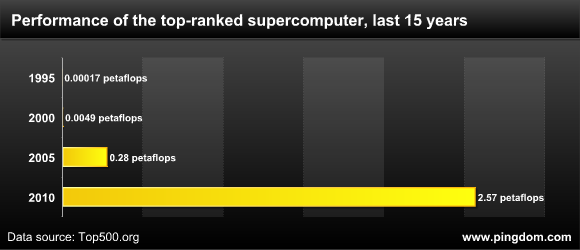
Also see:
Rewriting Moores Law with faster improvement in computer speed using IBM silicon photonics
Mobile App Review – mBook — from moodlenews.com by Joseph Thibault
mBook is the 2nd app for Mobile Moodle developed by MassMedia (MassMedia.hk) from Hong Kong. This is an expanded version of mPage specifically tailored for use on the iPad (the app is not available on any other OS). This app is also a hybrid, requiring a purchase from the Apple App Store as well as installed files on your Moodle server (server side installation files are available from http://mbooks.hk/mod/resource/view.php?id=2). NOTE: the same files for mPage are required for mBook (so installing for one of the apps makes your site ready for the other, which is a plus).
mBook is listed at $3.99 in the Apple App Store.
Gartner’s top 10 technologies for 2011 — from GlobalKnowledge.com by Larry Dignan; with special thanks to Mr. Cal Keen, Calvin College, for this resource
- Cloud computing
- Mobile apps and media tablets
- Next-gen analytics
- Social analytics
- Social communication and collaboration
- Video
- Context-aware computing
- Ubiquitous computing
- Storage class memory
- Fabric based infrastructure and computers
The future of Microsoft Windows Azure: Platform as a service — from arstechnica.com by Peter Bright
.
At PDC yesterday, Microsoft unveiled its roadmap for the Windows Azure cloud computing platform. Moving beyond mere Infrastructure-as-a-Service (IaaS), the company is positioning Windows Azure as a Platform-as-a-Service offering: a comprehensive set of development tools, services, and management systems to allow developers to concentrate on creating available, scalable applications.
Over the next 12-18 months, a raft of new functionality will be rolled out to Windows Azure customers. These features will both make it easier to move existing applications into the cloud, and enhance the services available to cloud-hosted applications.
From DSC:
In reading Ray Ozzie’s views of the future (Ray is the departing high-level visionary at Microsoft), it was interesting to note that Ray points out the dangers of complexity — at least in the world of computing/software development. Quotes from both 2005 and 2010 are below:
Complexity kills. It sucks the life out of developers, it makes products difficult to plan, build and test, it introduces security challenges, and it causes end-user and administrator frustration. Moving forward, within all parts of the organization, each of us should ask “What’s different?”, and explore and embrace techniques to reduce complexity.
Complexity kills. Complexity sucks the life out of users, developers and IT. Complexity makes products difficult to plan, build, test and use. Complexity introduces security challenges. Complexity causes administrator frustration.










